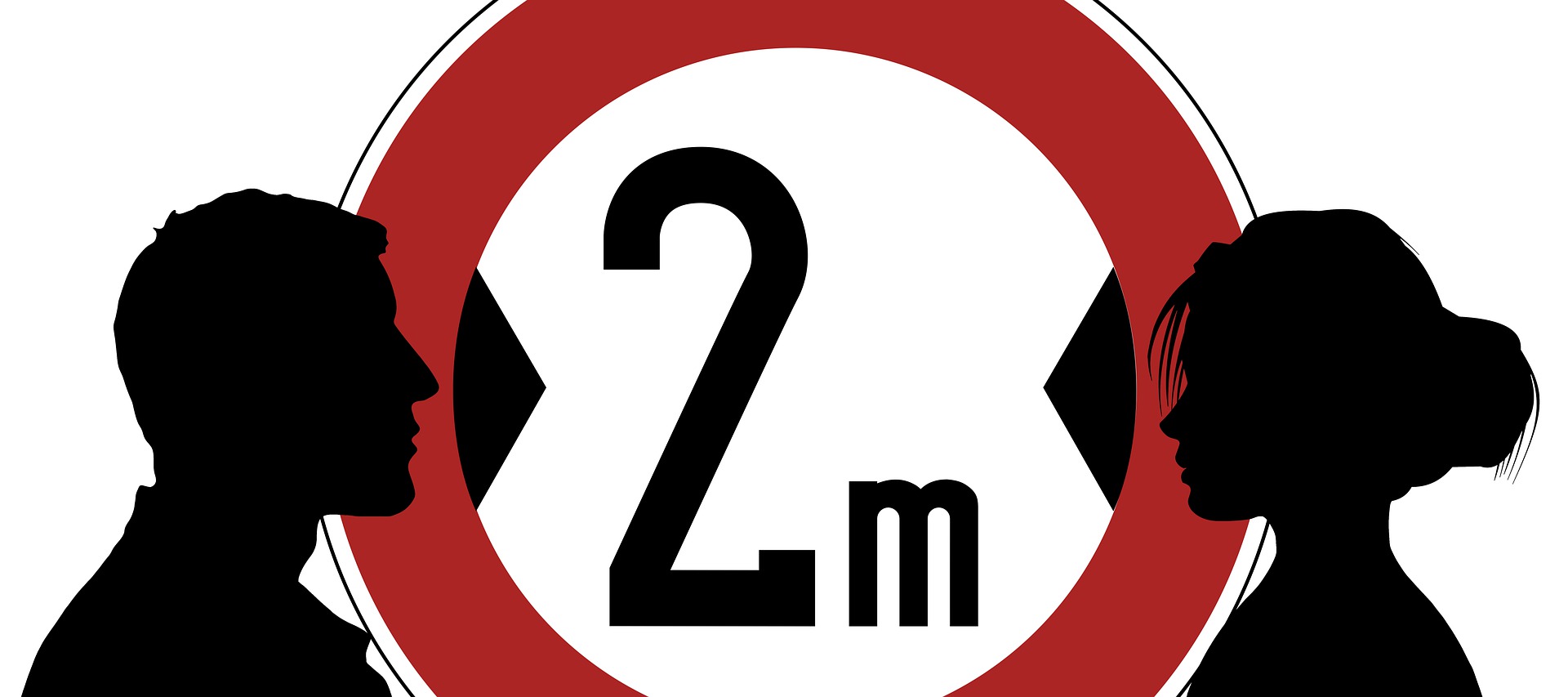Social isolation caused by the COVID-19 pandemic has taken a toll on mental health worldwide, according to a report by the Mental Health Million project released on March 15.
Forty per cent of Canadian citizens felt socially isolated during the pandemic, the report called The Mental State of The World found.
The U.S. topped the list with around 42 per cent of Americans socially impacted by the pandemic, the report suggests. In contrast, the social impact of COVID-19 was lowest in Singapore at less than one per cent.
Commissioned by the non-profit organization Sapien Labs, the survey was conducted in eight English-speaking countries including the U.S., Canada, the U.K., Australia, New Zealand, as well as the English-speaking population of India, South Africa and Singapore.
With the addition of translations in Spanish and Arabic, the Mental Health Million project is expected to expand the reach of the report to 30 countries this year.
The report gathered information from around 48,808 respondents aged 18 and older, through campaigns on Google and Facebook between April 9 and Dec. 31, 2020.
Respondents include 59.1 per cent women, 39.3 per cent men and 0.9 per cent nonbinary/third gender groups.
The report measured the mental wellbeing based on symptoms across 10 major mental health disorders, using the Mental Health Quotient (MHQ) scale. The MHQ positions individuals on the scale from “clinical” to “thriving”, spanning a possible range of scores from minus 100 to plus 200, where negative scores indicate clinical risk.
The “clinical” category indicates a person has symptoms that warrant a diagnosis of one or more clinical mental health disorders, according to the report.
Meanwhile, “at risk” indicates a person has three or more significant mental health symptoms but may not map to any particular clinical disorder or meet the criteria for a clinical disorder, the report explains.
Those who identified as nonbinary/third gender had the poorest mental wellbeing with more than 50 per cent in a “clinical risk” category and the highest level of suicidal thoughts and intentions, the report found.
The impact of social isolation also differed substantially for those aged between 18 and 24. The wellbeing of those with family and those alone was 35 per cent and 69 per cent lower respectively, in comparison to those who had no COVID-19 related adversities.
The report found 23 per cent of respondents are at risk of a clinical disorder and 40 per cent are succeeding or thriving. The key areas of concern are the low scores for “mood and outlook” and poor ratings for “social self”.
Seventy-five per cent of adults with a mental health disorder experienced its onset by the age of 24, the research suggests.
The percentage of people at risk for or with clinical disorders was 26 per cent, which is 12 per cent higher when compared to 2019 before COVID-19, the report indicates.
“The data suggests that there will be long-term fallout from the pandemic on the mental health front,” said Dr. Tara Thiagarajan, Sapien Labs founder and chief scientist, in a press release. “We can expect the younger generations to be hit hardest, with disruptions in typical youth milestones not occurring and facing a fundamentally changed world that is harder to survive in.”
The average MHQ across the eight countries in 2020 was 66, a decline of 24 points when compared to a smaller sample from 2019 before the pandemic lockdowns began.
Respondents from Singapore had the highest mental well-being score while the U.K. and South Africa had the poorest mental well-being with scores of 54 and 56 respectively on the MHQ scale.
Meanwhile, the proportion of respondents in the “clinical” and “at-risk” categories was about six per cent among the 65 and above age group but 44 per cent in the 18 to 24 age group.
This generational decline in mental wellbeing is present in all eight countries, the report suggests.
While the magnitude of this gap was large everywhere, it was highest for respondents in Singapore, and smallest for those living in Canada.
Further, Canada led the countries in the adult population with clinical-level challenges seeking professional help at 65.2 per cent, followed by Australia at 58.6 per cent.
Only those respondents who stated they found the MHQ easy to understand were included in the analysis.
The MHQ is available online, is anonymous and takes around 15 minutes to complete.
“Prevention is always better than cure, especially in mental health where effective treatments are still a challenge,” Thiagarajan said. “If one is in the ‘enduring’ or ‘managing’ categories, it is best to start making lifestyle changes or seeking support that can help mitigate challenges so that you don’t fall into the ‘at risk’ or ‘clinical’ categories.”

